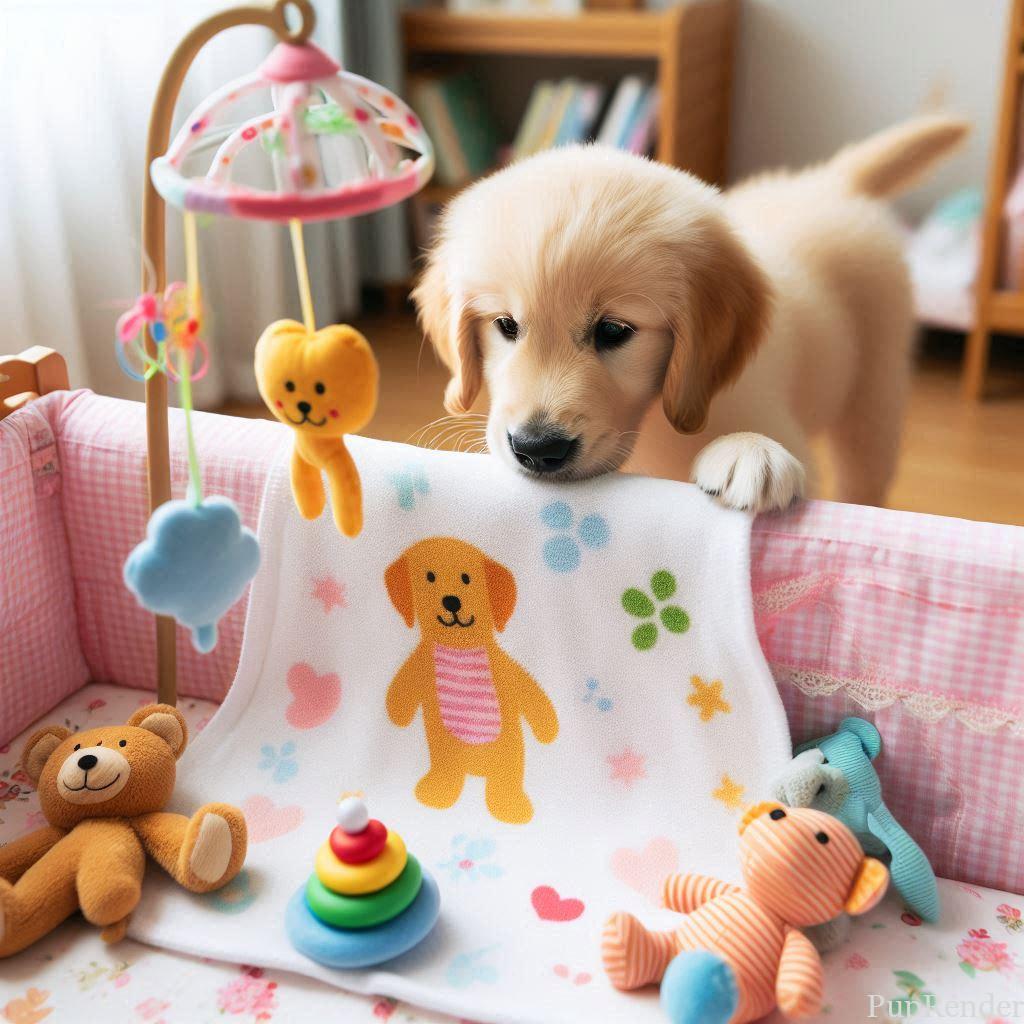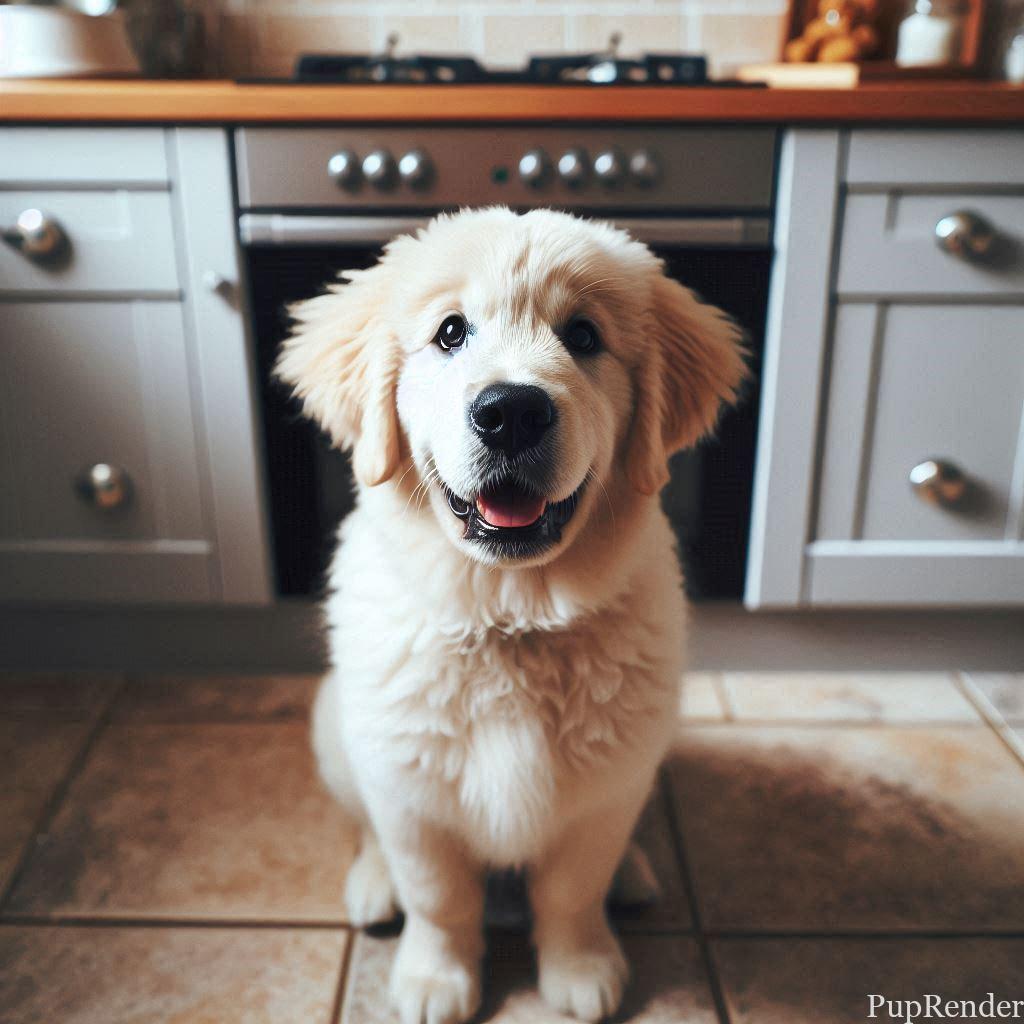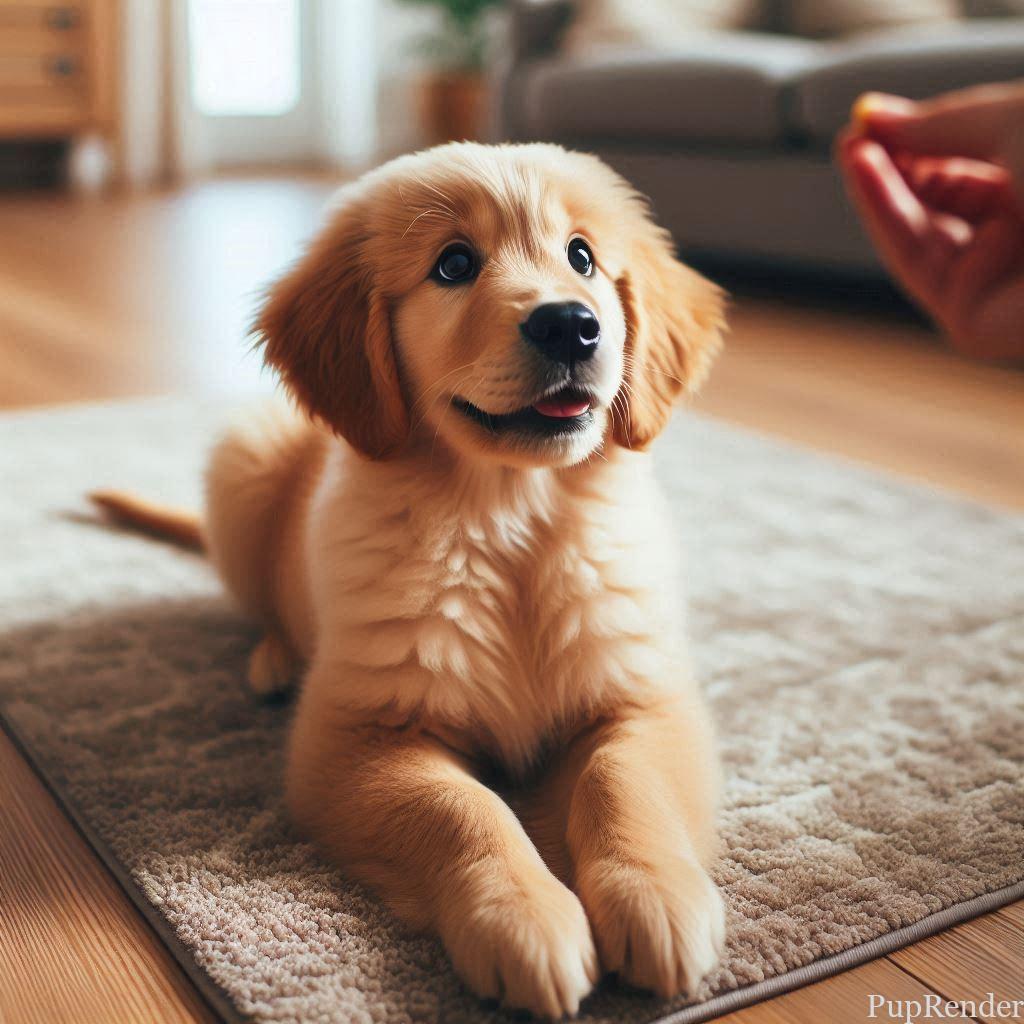How to Help Your Dog Adapt to New Family Members
Welcoming a new family member, whether it’s a baby, partner, or even another pet, can be an exciting time. However, this transition can be a bit overwhelming for your furry friend. Adapting to changes in their environment and routine can be challenging, but with the right approach, you can help your dog feel comfortable and secure. Here’s how to help your dog adapt to new family members smoothly.

Understanding Your Dog’s Emotions
Dogs are creatures of habit and thrive on routine. When a new family member enters the picture, your dog might feel confused or stressed due to the disruption of their familiar environment. Recognizing signs of anxiety, such as excessive barking, chewing, or withdrawal, can help you address these emotions early on.
For more tips on recognizing signs of anxiety in dogs, check out our post on How to Recognize Signs of Anxiety in Dogs.

Gradual Introductions are Key
Introduce your dog to the new family member gradually. Allow your dog to observe and sniff the newcomer from a safe distance. For instance, if it’s a new baby, let your dog get used to the baby’s scent by bringing home a blanket the baby has used. This will make the actual introduction less intimidating.
For dogs, you can implement a similar strategy by exchanging toys or bedding to familiarize them with each other’s scent. Learn more about effective ways to introduce pets by visiting How to Introduce a New Dog to Your Household
Maintaining Routine and Consistency
Maintaining your dog’s routine can help reduce their stress levels. Try to keep feeding, walking, and playtime schedules consistent. If you know a big change is coming, like a new baby, start gradually altering your dog’s routine weeks in advance to ease the transition.

Positive Reinforcement and Training
Positive reinforcement can go a long way in helping your dog feel comfortable. Reward your dog with treats, praise, or extra playtime when they behave well around the new family member. This encourages them to associate the newcomer with positive experiences.
If you need more guidance on training techniques, take a look at our post The Ultimate Dog Training Tips No One Told You.

Setting Boundaries and Safe Spaces
Establish boundaries to ensure your dog feels safe. For example, create a quiet, comfortable space where your dog can retreat if they feel overwhelmed by the new presence. This space should be off-limits to the new family member initially, allowing your dog to have their own sanctuary.
Learn how to set up a safe space for your dog by reading How to Create a Safe Space for Your Dog at Home.
Keep Calm and Be Patient
Remember, patience is key. Your dog will take cues from you, so try to stay calm and composed during introductions. It may take time for your dog to adjust fully, but with patience and love, they will learn to embrace the changes.
For more information on dealing with your dog’s emotions during transitions, consider visiting trusted resources like the American Kennel Club for further reading on canine behavior.

By following these steps, you can make the introduction of new family members a smooth and positive experience for your dog. Keep consistency, offer reassurance, and use positive reinforcement to help your furry friend feel at ease. For more tips on nurturing your dog’s happiness, explore our post How to Make Your Dog Happier Than Ever.





